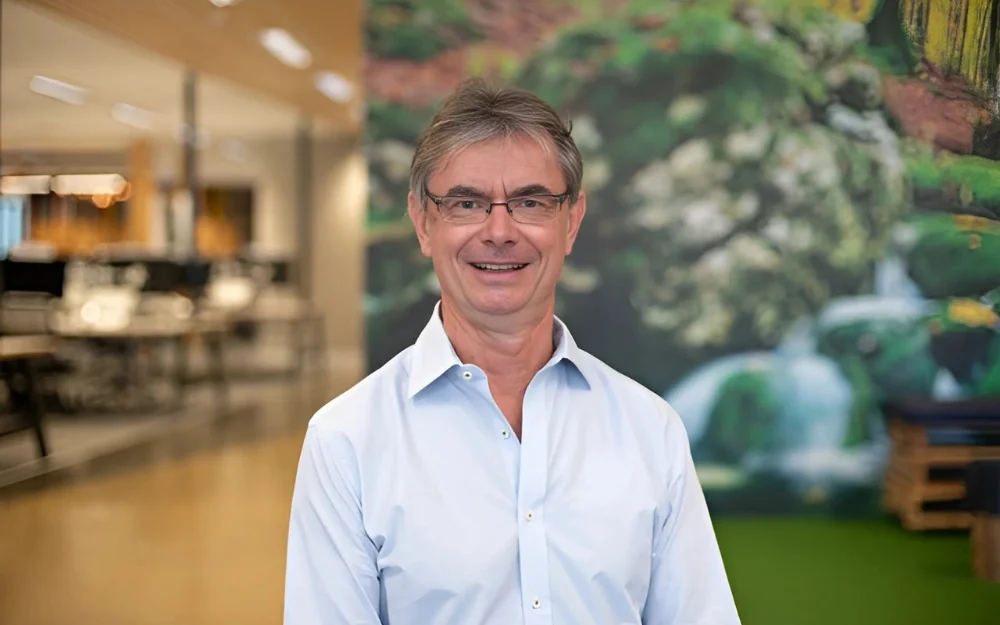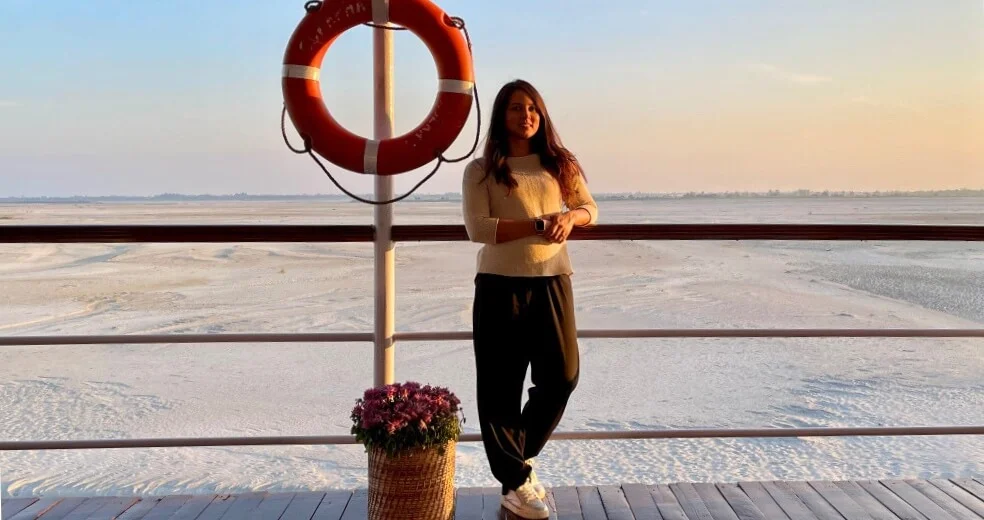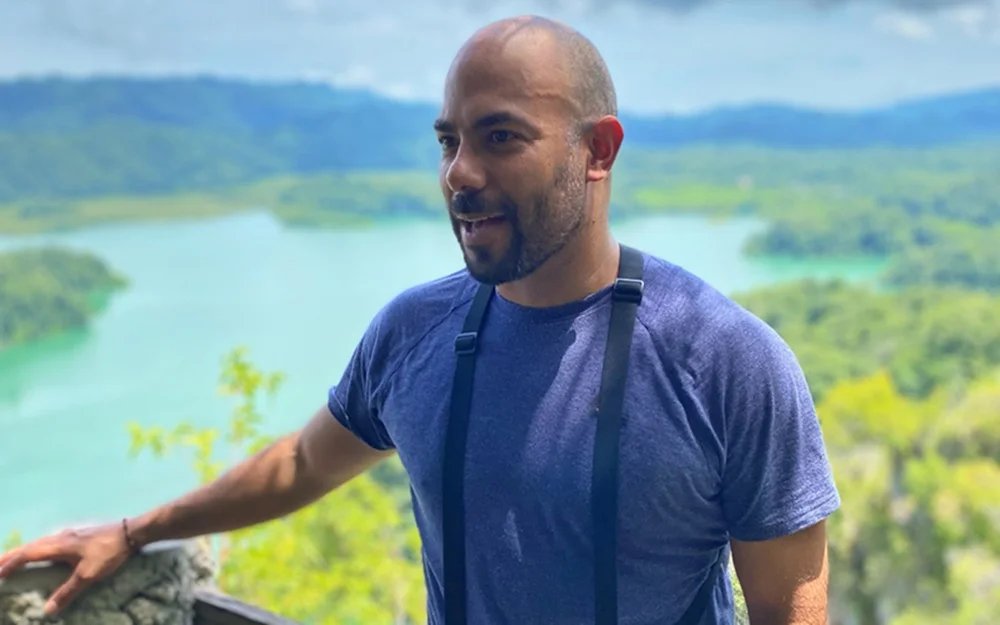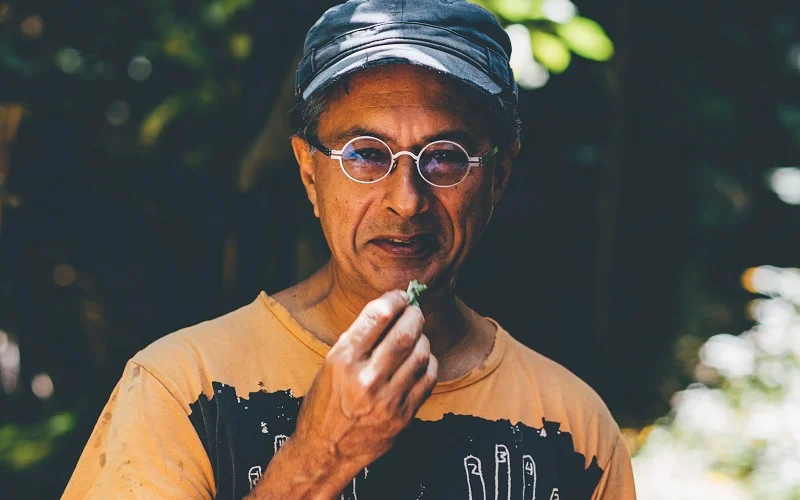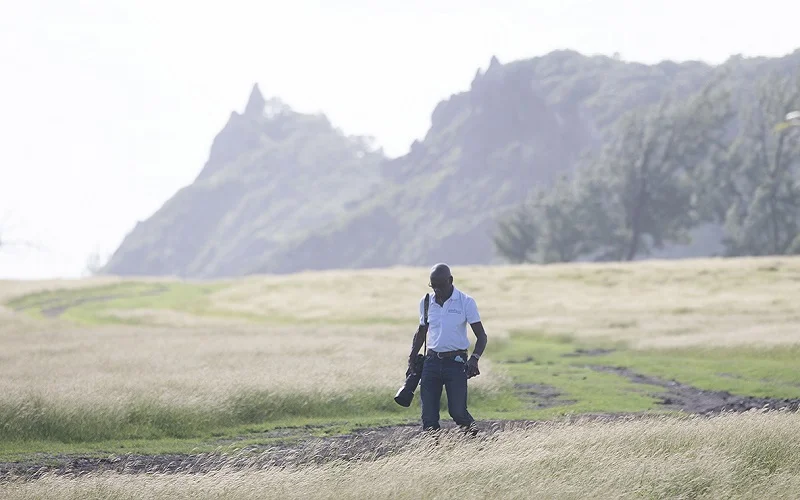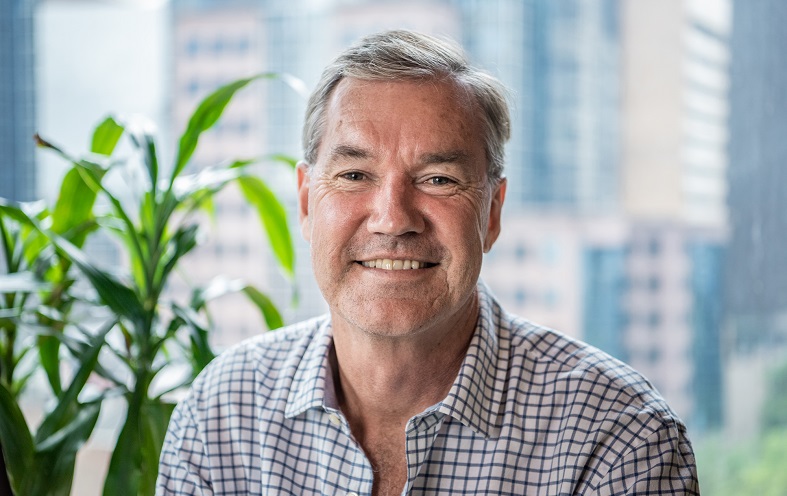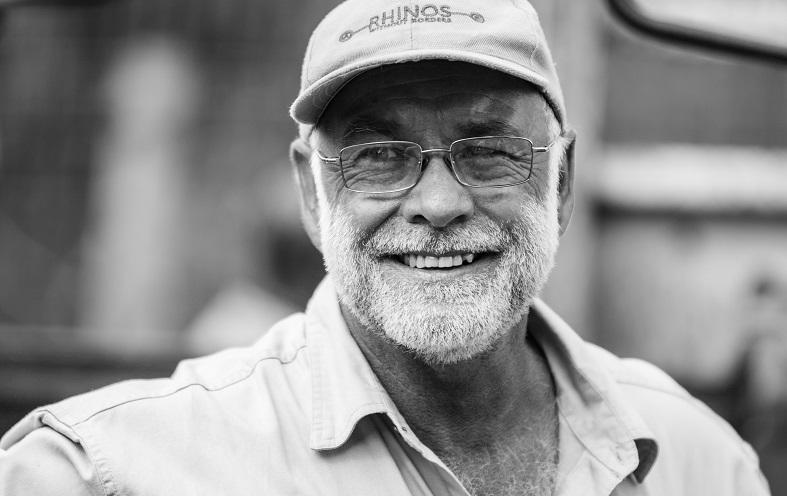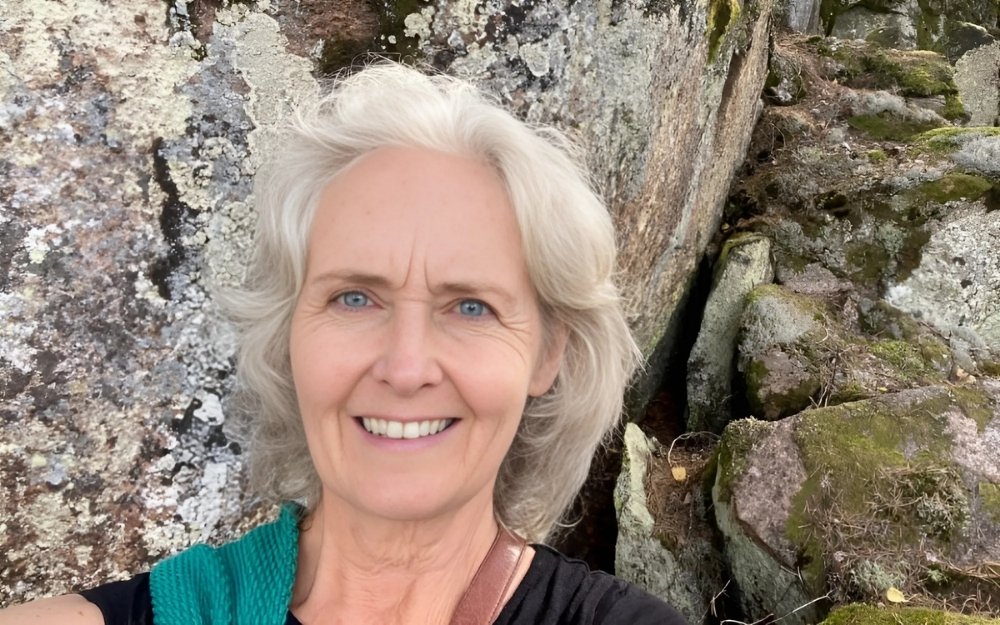
Meet Saskia Griep – as the founder of Better Places, Saskia is transforming travel through her commitment to responsible tourism. Focusing on sustainability, cultural connection, and reducing the environmental impact of travel, Better Places partners with local experts to create meaningful and eco-conscious experiences.
In this changemaker interview, Saskia shares her journey, the challenges of sustainable travel, and her vision for making tourism a force for good for both people and the planet.
Saskia, what inspired you to launch Better Places, and how has your vision of responsible tourism shaped its approach?
Better Places was inspired by my background in cultural anthropology and my passion for connecting travellers with local communities. I saw an opportunity to use tourism as a force for good – benefiting both travellers and the destinations they visit.
Initially, we prioritised the social and community impacts of travel, fostering respectful, authentic interactions that support local communities. Over time, however, my concerns about climate change and its potential impacts on the destinations we love has grown significantly. This has pushed us to evolve our approach and place greater emphasis on the climate impact of travel. We aim to cut CO2 emissions from our trips by 5% per person annually – targeting a 55% reduction by 2030 compared to 2019.
We are the only travel organization worldwide to set such ambitious reduction targets, including flight emissions booked independently by customers. These scope 3 emissions can represent up to 90% of the total emissions for long-distance travel. Addressing these emissions is crucial to truly understand and mitigate the environmental impact of tourism.
My vision of responsible tourism has shaped Better Places’ approach by prioritising sustainable travel practices over profits. These practises include reducing the environmental impact of flying, working directly with local experts, and focusing on experiences that contribute positively to local economies and cultures.
This vision is embedded in everything we do. The goal is to create unforgettable travel experiences while making a positive impact on the planet and the people we meet along the way.
Better Places connects travellers with local travel specialists worldwide. How do these partnerships support your mission for responsible tourism?
Our partnerships with local travel specialists are at the heart of our mission for responsible tourism. By working directly with local experts, we ensure that the trips we offer are authentic, culturally respectful, and economically beneficial to the communities we visit. These specialists select locally owned accommodations, activities, and transportation, ensuring economic benefits stay within the community.
Our approach empowers local entrepreneurs, promotes fair wages, and keeps more of the economic benefits within the destination itself. It also enables us to minimize environmental impact, as our local partners can recommend eco-friendly accommodations, transport options, and activities that align with our commitment to sustainability.
Ultimately, these partnerships create a win-win situation: travellers get deeply personal, unforgettable experiences, and destinations thrive in a way that’s respectful and sustainable.
How does Better Places ensure that travel experiences directly benefit local communities and ecosystems in the destinations you serve? What’s been challenging?
Our experts carefully choose accommodations, activities, and transport options that are locally owned and managed. This ensure that economic benefits stay local. We avoid large international chains to prevent tourism leakage. Additionally, we promote low-impact travel practices such as supporting conservation projects, reducing single-use plastics, and encouraging travellers to immerse themselves in cultural and natural experiences responsibly.
One significant challenge we face is operating across so many different destinations, each with its unique context. What works in one location may not be feasible in another. For instance, we may require partners to use electric vehicles, but this isn’t feasible in areas without the necessary infrastructure. This diversity means there is no one-size-fits-all solution. We must continuously engage in conversations with our local experts to stay updated on local developments and possibilities.
Balancing the delivery of unique, meaningful travel experiences with our high sustainability standards requires creativity and flexibility. We often need to be innovative and patient in finding solutions.
Particularly in destinations where eco-friendly travel infrastructure is still developing. However, these challenges drive us to continuously innovate and deepen our commitment to responsible tourism.
Have you observed shifts in travellers’ attitudes toward sustainability, and how has Better Places evolved to meet these changing expectations?
Over the years, we’ve observed a significant shift in travellers’ attitudes toward sustainability.
More individuals now seek meaningful experiences that positively impact the destinations they visit while minimizing their environmental footprint.
To meet these changing expectations, we have adapted our portfolio. For instance, we now offer a growing number of European destinations that can be accessed by train, aligning with our climate goals and providing travellers with a sustainable alternative to long-haul flights. In 2023, 26% of our travellers chose European destinations, and 12% of these travellers opted for train travel instead of flying. Additionally, 60% of trips take place outside the high season, which helps alleviate pressure on popular destinations and promotes more sustainable travel patterns.
As flying is far too cheap and innovation in aviation is progressing too slowly, we have introduced a self-imposed flight tax. The tax, which ranges between €8 and €27 per traveller depending on the travel distance, is fully covered by Better Places – customers pay nothing extra. The collected funds are invested in accelerating the energy transition and protecting biodiversity. This decision directly impacts our profit margin, but it aligns with our commitment to responsible tourism.
On our website, we show the emissions for each trip to the destination. For this, we use the Travel Impact Model. Recently Better Places commissioned the Royal Netherlands Aerospace Centre (NLR) to develop a model that estimates the non-CO₂ effects based on flight distance and average latitude. Soon, we will go a step further: for every trip, our website will display not only CO₂ emissions but also the impact of short-lived climate pollutants (SLCPs). This transparency empowers travellers to make more informed and sustainable choices.
We’ve also noticed a growing openness among travellers to adopt more sustainable habits, such as eating less meat during their trips. This aligns perfectly with our ethos, as we encourage plant-based dining options.
Better Places donates 10% of its profits to social and environmental projects. Can you share examples of the impact this has created?
Although Better Places ended its B Corp certification in 2024 due to concerns over transparency and sustainability criteria, we remain committed to our mission by publishing annual impact reports and adhering to the Code Sociale Ondernemingen.
Our contributions focus on:
- Environmental Initiatives: We’ve supported organisations like Milieudefensie and Fossielvrij NL, focussing on combating climate change and holding polluters accountable.
- Community Development: Samsplan is one initiative we support. We’ve helped refugees integrate into local communities through volunteer work in sports clubs, fostering inclusivity and social cohesion.
- Cultural Preservation: Contributions to the Slottuintheater Foundation support free cultural performances, ensuring the arts remain accessible while celebrating local traditions.
- Innovation and Advocacy: Our support for The Ex’tax Project Foundation has contributed to forward-thinking tax reforms that is designed to address pressing global challenges.
What are your main goals in advancing sustainable tourism?
At Better Places, our goal is to make tourism more sustainable by creating meaningful connections between travellers and local communities while reducing environmental impact.
We achieve this through two key tools:
- Fair Travel Guide: A guide helping travellers make responsible choices, such as staying in locally owned accommodations, using eco-friendly transport, and supporting social enterprises.
- True Price Initiative: Highlighting hidden environmental and social costs, such as the CO₂ emissions of flying, and promoting greener alternatives like train travel.
We also provide practical guidance on low-impact travel, recommend sustainable transport options, and donate 10% of our profits to projects aligned with the UN SDGs. These efforts make sustainability accessible and inspire travellers to choose options that benefit destinations and the planet.
How are you planning to expand your impact on travelers and communities?
We focus on:
- Educating Travellers: Providing tools like the Fair Travel Guide and True Price to guide sustainable choices.
- Promoting Greener Travel: Expanding train-accessible destinations, encouraging longer stays, and promoting off-season travel.
- Collaborating Locally: Partnering with local experts to benefit communities and preserve heritage.
By combining these efforts, we empower responsible travel and ensure positive, lasting impacts.
Thank you, Saskia!
Connect with Saskia on LinkedIn or find out more about Better Places here. If you enjoyed our interview with Saskia, please share it and spread the word about sustainability and responsible travel.
Saskia has been featured because she has been peer nominated for our community of sustainable tourism impact makers. We count over 400 trailblazers around the world (meet them here).

